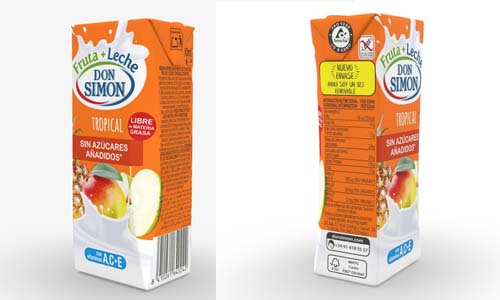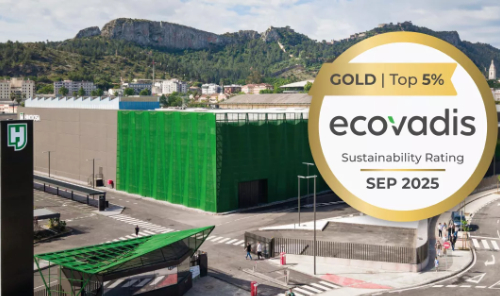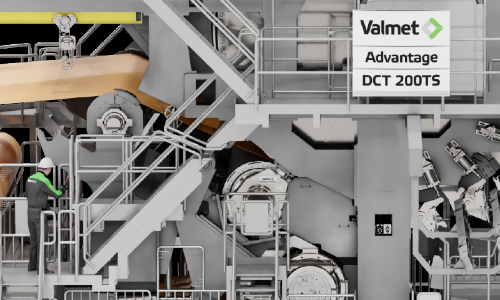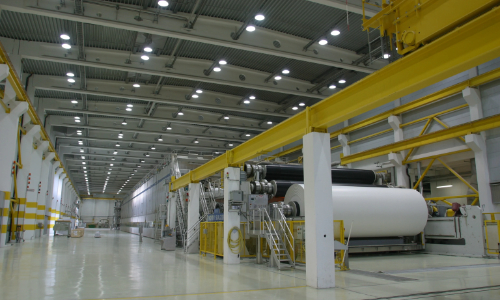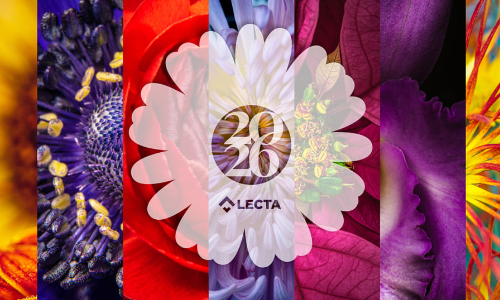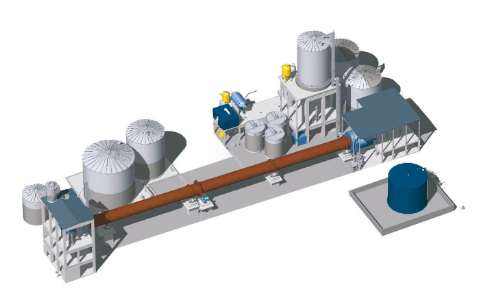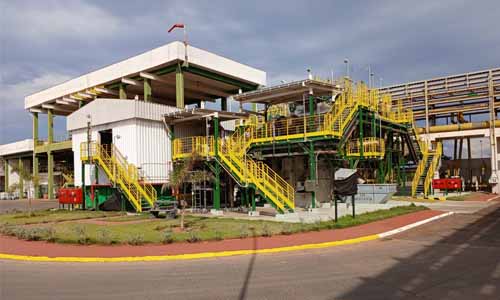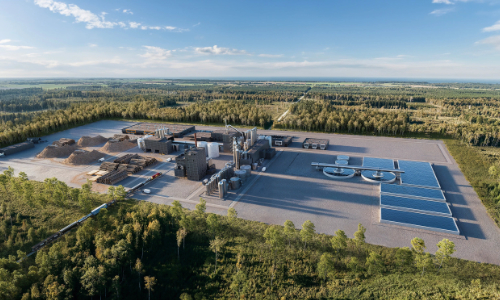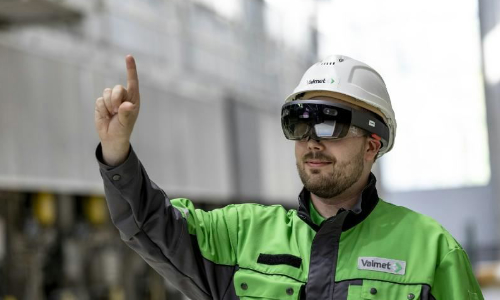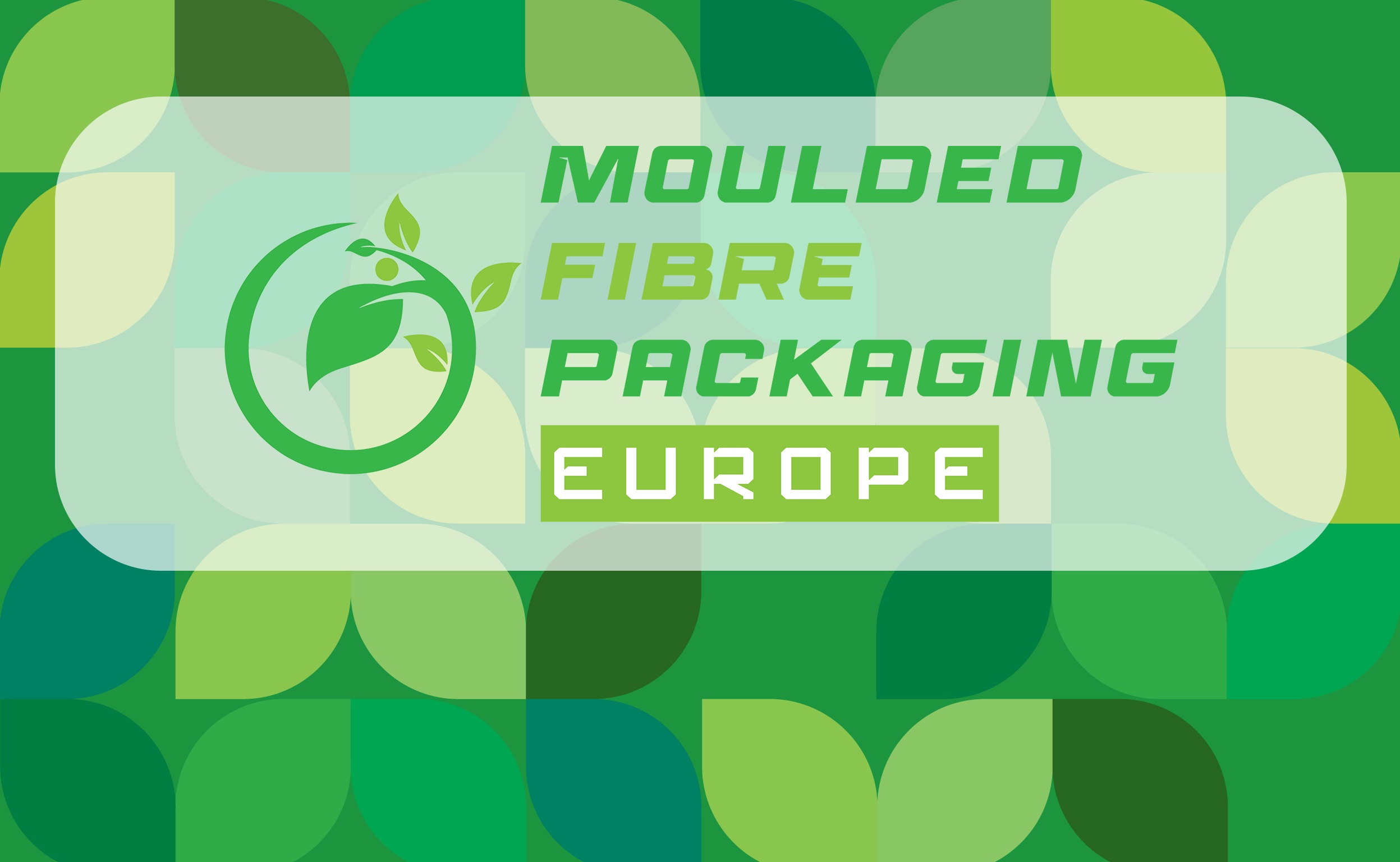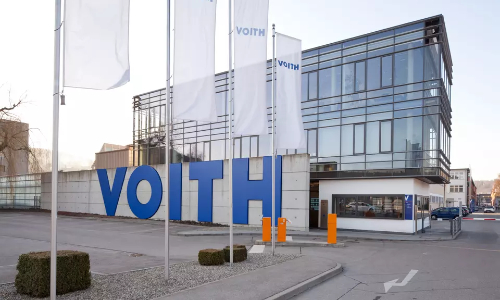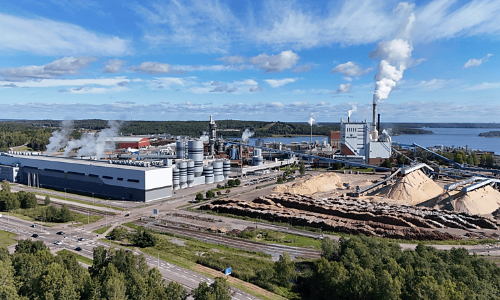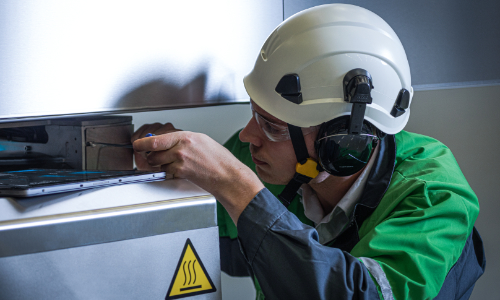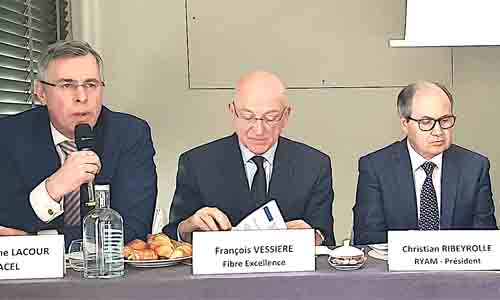
At a press conference held on 14 March, Copacel*, which groups together French pulp, paper and board producers, gave an update on activity in 2022. Despite the juxtaposition of crises (we speak of a “polycrisis”), the paper industry’s activity has remained fairly sustained, but 2023 is shaping up with a lot of uncertainty.
Last year was marked by the intertwining of three crises: a surge in inflation, which is eroding household purchasing power; an unprecedented rise in the cost of raw materials (wood, chemicals, pulp, etc.); and a surge in energy prices. Despite this environment, paper activity was sustained overall. If the production of paper and board fell by 3.7% to 7.1 Mt vs. 2021, the reasons are to be found in various and often exogenous causes that are not mainly linked to a drop in demand (stoppages for conversion of paper machines to packaging paper, technical problems, fire, accidents, rationing of some raw materials, etc.). In terms of value, due to the increase in the sales price of all product families, the sector’s turnover (paper, board and market pulp) rose by 31% to 7.7 billion euros.
Hyperinflation of production factors
According to Copacel, this sharp rise in sales prices has been imposed by the need for companies to pass on the considerable increases in energy and raw material costs. Between 2021 and 2022, as an annual average, in highly volatile wholesale markets, the price of gas has doubled and the price of electricity has increased by a factor of 2.5. In fact, this rise in energy costs has spread throughout the economy. It has made raw materials, such as chemicals, more expensive. Moreover, wood prices were also affected by the rise in energy prices, as the increased demand for “biomass energy” (pellets, etc.) exacerbated conflicts of use and pushed up wood raw materials. Only the market for paper and board for recycling was spared the impact of energy costs.
The economic downturn after the summer is confirmed and makes the next few months very uncertain
After the strong demand for paper products observed in the first half of 2022, the economic situation deteriorated after the summer break and remains, at the beginning of 2023, poorly oriented. The magnitude of this decline in order books, even if it varies according to grades, can be analysed as an “accordion effect” linked to stock reductions within the customer sectors. Beyond this short-term effect, the question that arises is whether this drop in demand is the manifestation of a future recession in the economy, envisaged at the beginning of 2022, and fortunately not observed. Paper products are indeed very dependent on the country’s economic activity (and the EU’s, as 55% of production is exported). Even if basic trends remain promising (substitution of plastic packaging by cellulose products, etc.), a recessionary context will weigh on the various drivers of paper consumption (slower growth in online commerce, drop in purchases of Bio-products, etc.). The maintenance of high production costs is also leading some customer sectors to limit their demand (decline in printed communication in favour of digital, etc.). Finally, legislative measures (experimentation in favour of “Yes-advertising”, printing on demand of sales receipts, etc.) will accelerate the switch to digital in certain uses.
This context makes it essential to implement various public policies
According to Copacel, it is necessary for the public authorities to put in place measures to prevent the widening of the competitiveness gap between France and other paper-producing countries (in Europe or outside the EU zone). In addition to cross-cutting measures (taxation), which Copacel hopes will be included in the future Ggreen Industrialisation” law, priority projects must be opened. Christian Ribeyrolle (RYAM), the new president of Copacel who has just succeeded Philippe d’Adhémar (Sylvamo), explains: “One subject on which we expect a lot from the public authorities is the possibility of benefiting from competitive and decarbonised energy, which requires, in particular, a profound change in the way the electricity market operates. On the subject of raw materials, we hope that public aid for decarbonisation will be provided without exacerbating the conflicts between the “raw material” value of wood and its energy use. Finally, another important aspect of public policy concerns the implementation of the legislation resulting from the European Green Deal. This legislation, which is abundant, even if it pursues objectives that we fully support (reduction of greenhouse gas emissions, preservation of biodiversity, etc.), in addition to problems of implementation, risks weakening the competitiveness of companies.”
V. L.
(*) Copacel (Union Française des Industries des Cartons, Papiers et Celluloses) represents 70 French companies producing pulp, paper and board and employing nearly 11,000 people.



